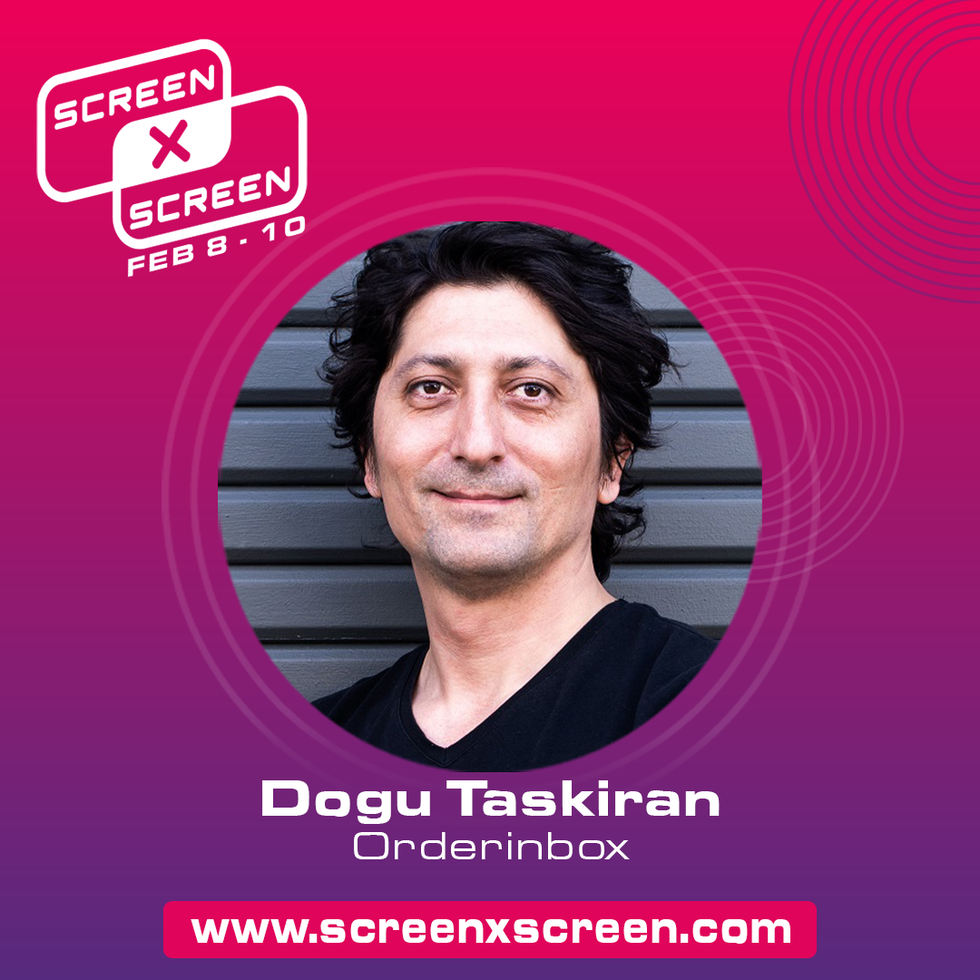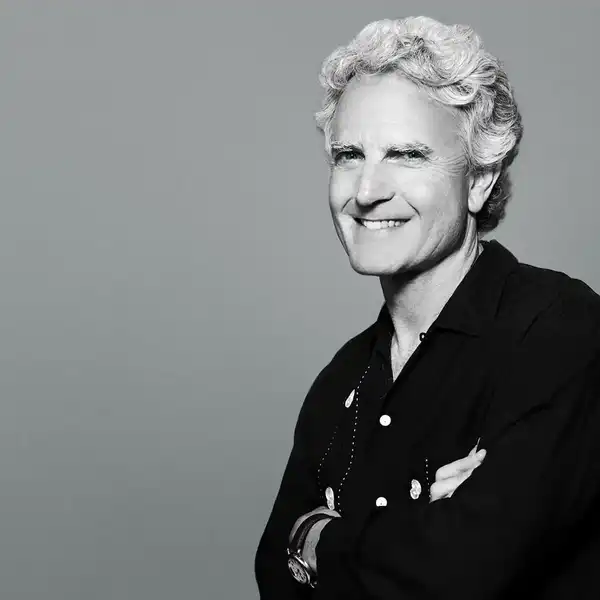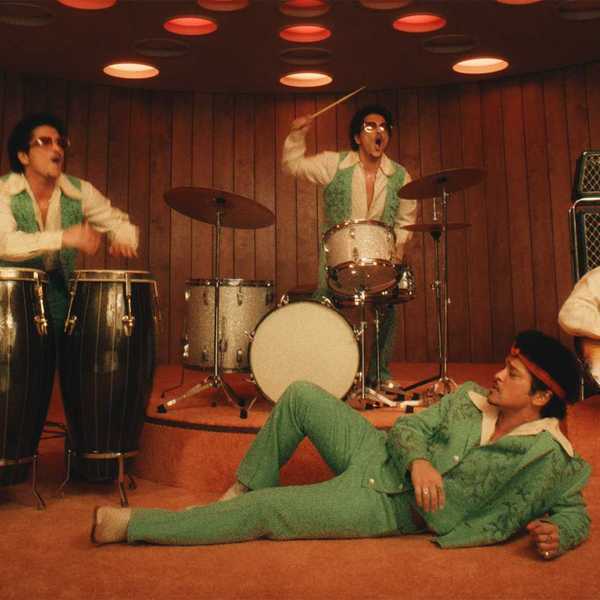NFTs: The Good, the Bad, the Ugly Or The Next Big Thing Or Bust?
Indie Week’s Screen X Screen online conference last week included two NFT panels,

By Karen Bliss
Indie Week’s Screen X Screen online conference last week included two NFT panels,
NFT's: The Good the Bad the Ugly: The Next Big Thing or Bust? and NFT Opportunities & Legal Considerations for Artists. FYI Music News viewed both and has distilled the takeaways to a few key points: get in now, while it’s still early; make sure you have the rights; build community; don’t conflate price with value, and it’s still the wild west — meaning regulation is coming.
Firstly, before proceeding, a reminder: NFT stands for non-fungible token. It is a unique digital asset stored on the blockchain that can be sold and traded with public proof of ownership, a digital certificate of authenticity (smart contract). But yes, it’s open to scams and plagiarism.
Takeaways from some of the speakers:
Gleb Divov, creative technologist and NFT pioneer, of FAYR Ecosystem, on NFTs:
“Since NFT is mostly connected with digital art and it’s a great parallel between real art world. I usually explain NFTs as imagine that it’s a digital certificate, so if you are buying physical art in a gallery you are getting a certificate of authenticity. This is the original work and you right now own it. NFT is exactly the same thing. The basic idea is the digital certificate that shows you owning with your wallet this exact digital asset, or something attached to it. It’s a quite simple explanation, not digging into smart contracts.”
Dogu Taskiran, Orderinbox, CEO, on the marketplace:
“The certificate of authenticity is not just for you to show that you own it; it’s also for you to be able to sell it, and then transfer it to someone else. An NFT marketplace just facilitates that transfer… in exchange for other currencies or something that represents value in the blockchain. In exchange for that, there are additional features that the marketplaces offer, such as the ability to take royalties for the creators for each of these transfers when they happen…allowing people to monetize their assets over and over, and also earn royalties in perpetuity, while also retaining their IP rights and copyrights.”
Burt Gidaro, lawyer, Edwards Creative Law, on copyright is copyright is copyright.
“We heard a lot about the wild west when the internet [version] 1 started coming on and as lawyers, what we did was we took the existing copyright law and existing trademark law and ended up applying it to the web and it didn’t exactly fit but there were a lot of general principles that we could apply and did apply — and that seems to be the same thing in this space as well. It’s not particularly different in terms of what the considerations are with respect to copyright and trademark.”
Michael Duboff, lawyer, Edwards Creative Law, on smart contracts:
“With the smart contracts, it will be interesting to see how the courts use those because they do look like a piece of code, so whether they’re enforceable or not, should something with NFTs go to litigation and end up in the courts, that will be a new world for us, as well as how these smart contracts that look like codes are then interpreted by the court system. But like any agreement that we deal with on a day-to-day basis, that’s written on paper or on the computer, you look at the code — or the agreement — to see what rights are actually being transferred. Can you just use the good as-is, or are there any intellectual property rights being transferred with the good? Most times the copyright will stay with the creator, but these are all considerations you have to look at when you’re dealing with NFTs. Unfortunately, a smart contract, as pieces of code, might be hard to interpret for us normal people who aren’t coders or computer engineers, so it’s a new world for us, and also for the users dealing with the NFTs to learn how to interpret and work with these smart contracts.”















